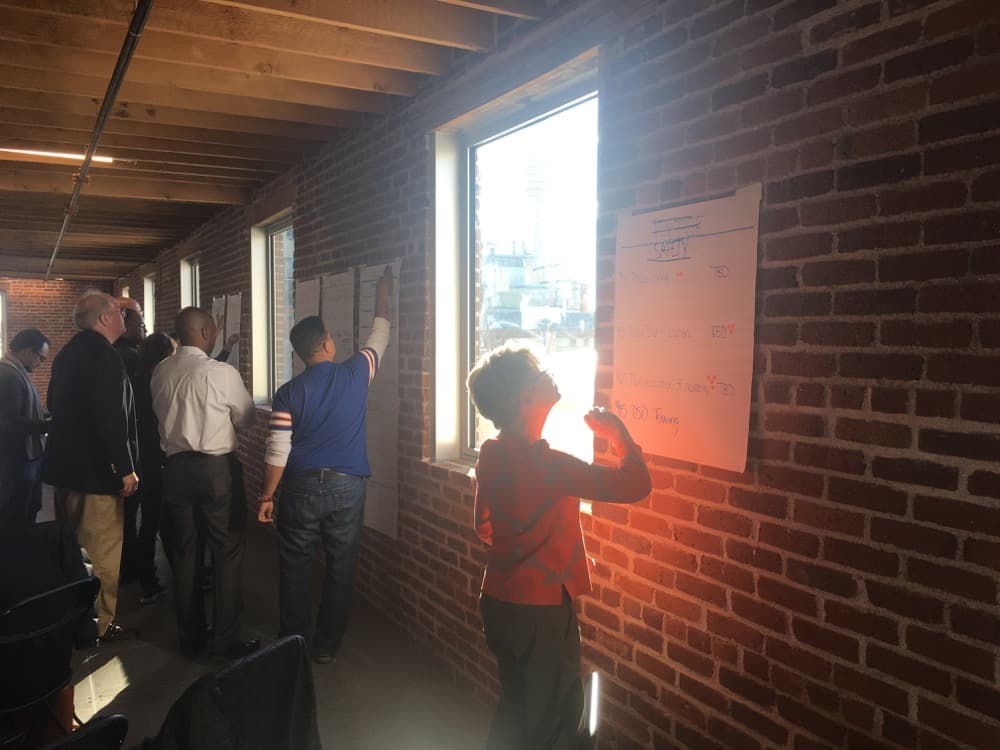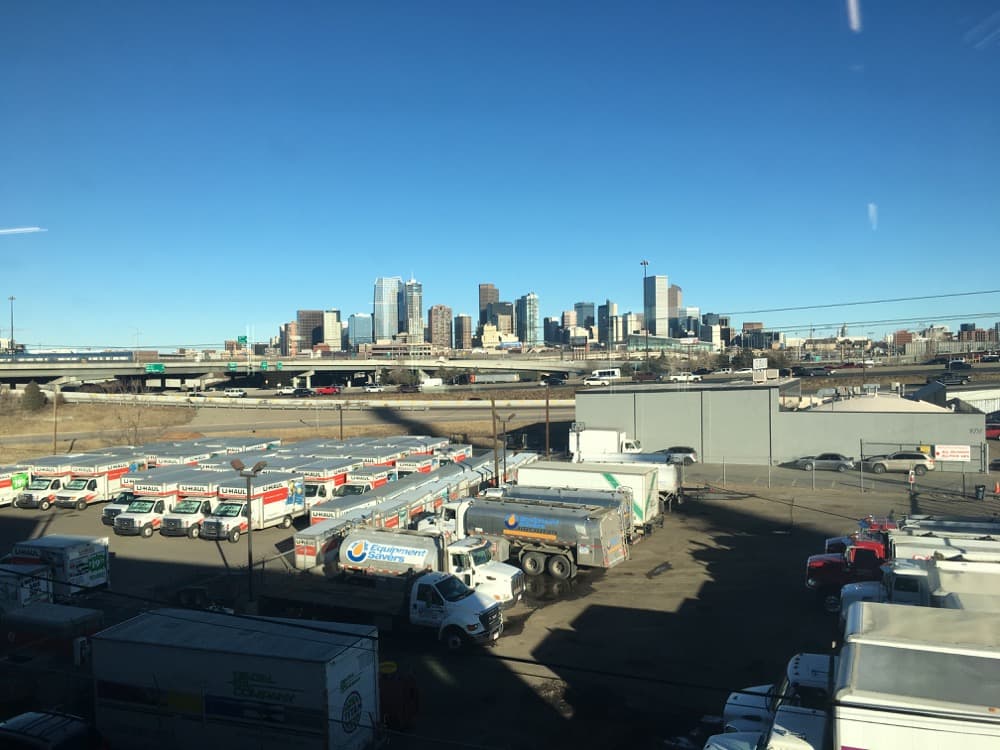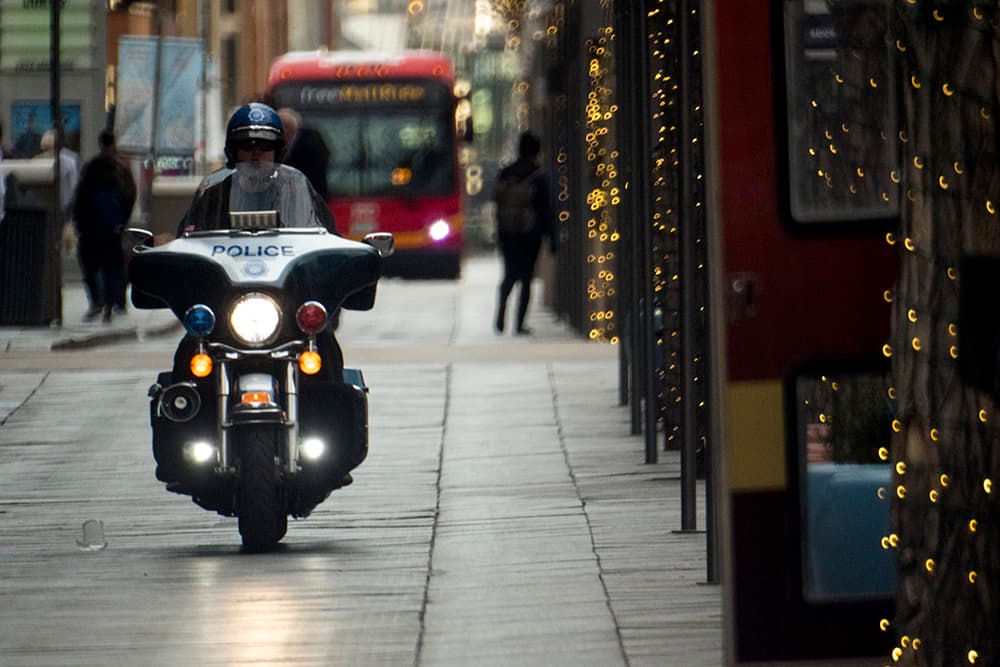
The Denver City Council convened last week for absolutely one of the most exciting things to happen in the city: the budget planning retreat.
I'm not kidding. First of all, free coffee. Secondly, at least one council member did a handstand.
Third, and most importantly, it's a rare occasion when the full elected body spends hours talking about what's really important to them, and how they want the city to spend billions of dollars in 2019.
The top categories this year included housing and transportation, but council members also called for everything from a new police academy to an improved recycling program. I sat there all day to learn this, so you better well read it.
Transportation:
Some want to push RTD harder.
As Denver plans its own mobility department, some council members say the city also needs to ask for more from the Regional Transportation District.
"We are the largest city in the district … but we are not taking positions," said Councilwoman At large Robin Kniech. "It’s good to be respectful … I would like us to be more assertive."
Others agreed. "They just elected new leadership of their board, and some of them are people who don't even advocate for transit, for mobility. They're more 'anti' people than they are 'pro,'" said Councilwoman At-large Debbie Ortega. "We need to gather and be really vocal and obnoxious."
They want to fund new ideas and routes.
Councilman Wayne New said he was worried that the city wasn't building connections to transit so that people could easily reach rail and bus routes.
"We have feeder systems that don't even connect to light rail," he said. And Councilwoman Stacie Gilmore said the city needs to make sure it doesn't have "trails or transit connections going to nowhere."
Councilman Paul López suggested that the city could make it easier for workers to travel around the city -- potentially by covering the A Line fare for airport employees.
And Councilman Paul Kashmann wants to see a permanent funding stream for the construction of sidewalks, a way to perpetually continue the new sidewalk repair program.
And, overall, council members showed strong support for new bike infrastructure and more traffic engineering.
Councilman Chris Herndon called for better sidewalks along Peoria, especially around the A Line stop. "There's no way in Montbello you can walk there right now," he said.
Councilman Jolon Clark wanted to see improvements on Alameda Avenue and Federal Boulevard in southwest Denver. "It's insanely dangerous to be on it."
That was a common theme, with several council members calling for safety studies and other projects along roads including Hampden, Yale and southern Sheridan, where "there's no sidewalk, no connectivity," per Councilman Kevin Flynn's aide.
Councilwoman Debbie Ortega stressed the need to keep truck traffic off neighborhood streets.

Development:
López asked what the city could do to make residents feel more involved.
"If they don't have any ownership, then it's government -- the big, bad city trying to take control of our property and kick us out," he said, describing the growing tension.
One way to do that could be "participatory budgeting," in which residents get to influence how a portion of the budget is spent. The council is already talking about that with the mayor, Kniech said.
Councilwoman Kendra Black noted that her southwest Denver district has "zero neighborhood plans, and I have asked for it every year." And Councilman Rafael Espinoza wanted the city to pay closer attention to infrastructure needs around new, dense areas such as 41st and Fox.
There also were calls to deal with the secondary effects of growth. Black wants an extra $800,000 for parks rangers and other parks items.
López wants funding to start a master plan for Sunken Gardens Park. "It's our park, it’s our symbol in the West side," he said.
And Council President Albus Brooks said he wanted the city to tackle flooding in Globeville.
Overall, council showed support for hiring several new city planners.

Housing and homelessness:
The advocacy group All In Denver wants the city to issue new debt -- and potentially raise taxes -- in order to raise tens or hundreds of millions more dollars to pay for affordable housing, potentially doubling the city's current affordable housing plan.
Brooks said that he wanted to figure out some potential "internal" funding sources for housing, but he acknowledged that the city "may have to go out and ask the voters for something," such as new bonds.
Kashmann said the city has "to be more aggressive in providing permanent supportive housing for our community," adding that the council "is missing an opportunity and a responsibility."
And Kniech wanted to ensure that the city is focusing on people on the lowest end of the income spectrum.
"A lot of these new ideas from the administration are for higher (area median income) and homeownership, which is important," she said. "I just think it’s important for us to ask questions about this when we see all these other proposals for higher AMI levels."
And, overall, the council was supportive of providing more funding for the Denver Day Works jobs training program.

Police and services:
The idea of rebuilding the Denver Police Department training academy picked up support, mostly pushed by Herndon.
"I would encourage any council member just to walk into the academy on a given day. You can see the restraints that we have," he said.
"We’re asking people to do a difficult job and bringing them into a very shady facility," Kashmann said. "It's subpar."
Meanwhile, Councilman Jolon Clark wanted to see the city improve its "horrific" recycling rate. That's an idea that gained fairly strong support.
Herndon also suggested that the neighborhoods where marijuana facilities are concentrated -- often low-income -- should see more benefits from marijuana tax money.
But how much money is there?
This was one of the earliest step of the budgeting process for 2019 -- creating a wish list, basically. Much later in the year, Mayor Michael Hancock will release a draft budget proposal, and the council can then request changes.
Hancock paid a visit to the council's planning meeting. After talking about the need for collaboration and his goal of working with the council, he warned that money is limited.
"Our people are tired of being nickel and dimed," he said. The recent $1 billion bond package might not have passed if it had required higher taxes.
"That's the reality that we're dealing with," he said.











